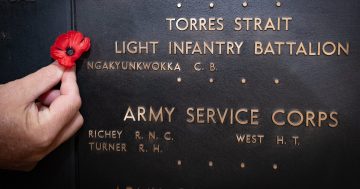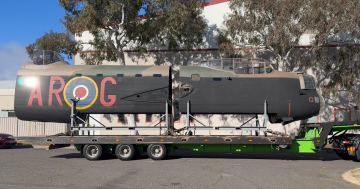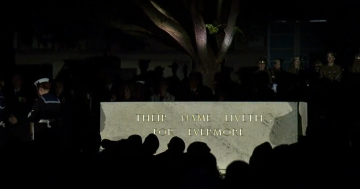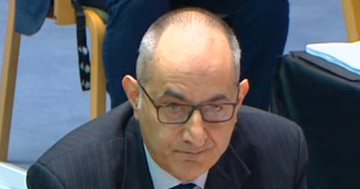Reviewed by Rama Gaind.
By Henry Reynolds, NewSouth Books, $29.99.
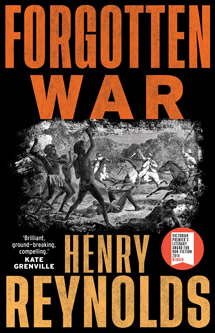 The original edition of Forgotten War published in 2013 brought together research done by the influential historian for 40 years and reflected many of the changes which had taken place in the country during those four decades.
The original edition of Forgotten War published in 2013 brought together research done by the influential historian for 40 years and reflected many of the changes which had taken place in the country during those four decades.
Australian history was rapidly emerging as a major field of study in both universities and high schools. A new generation of historians were producing an unprecedented number of general histories crafted for a rapidly expanding market. However, as Reynolds puts it: “… despite their many virtues, practically all of them neglected the country’s First Nations people.”
Covered were voyages of the European explorers of the arrival of the British in 1788. There was some attention paid to the Aborigines in the early years of NSW and Tasmania, but “interest faltered as the themes of exploration, pioneering, national development and overseas wars came to dominate the collective narrative.”
Australia is dotted with memorials to soldiers who fought in wars overseas. So why are there no official memorials or commemorations of the wars that were fought on Australian soil between First Nations people and white colonists?
Recent global events though have rapidly shifted attitudes in unexpected ways. Reynolds says Australia cannot avoid the consequences of some “epoch-changing developments. How we respond is still a matter of speculation.”
In this updated edition of Forgotten War, winner of the 2014 Victorian Premier’s Award for non-fiction, Henry Reynolds makes it clear that there can be no reconciliation without acknowledging the wars fought on our own soil.
A new map towards reconciliation is laid out by Reynolds, whereby, he calls for the “principle of ‘lest we forget’ to include all Australians who died in defending their country, including Indigenous people.”


